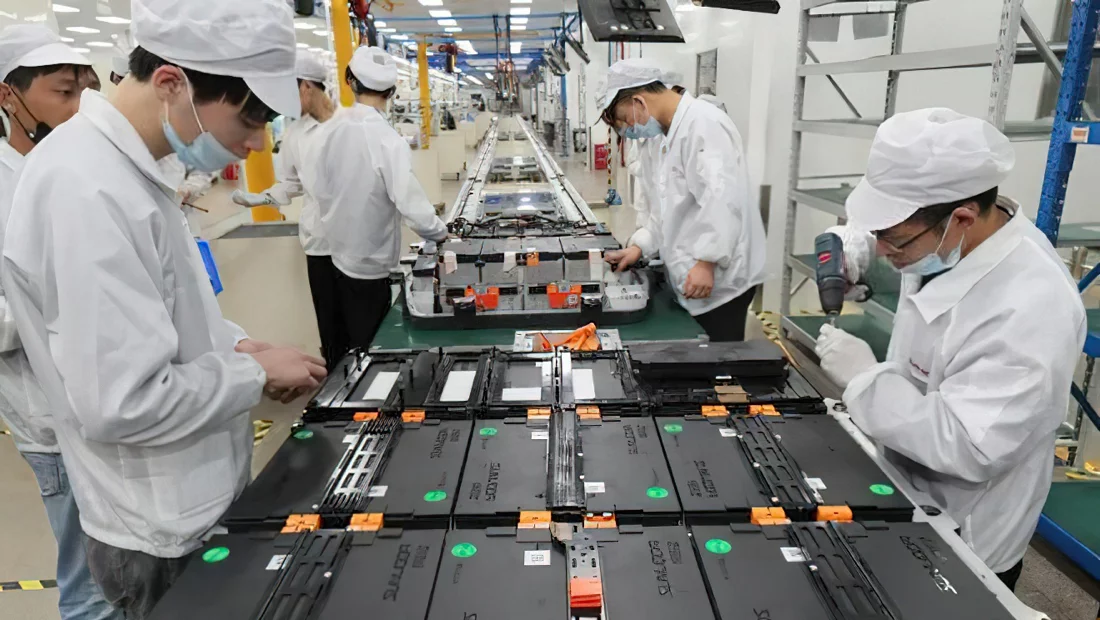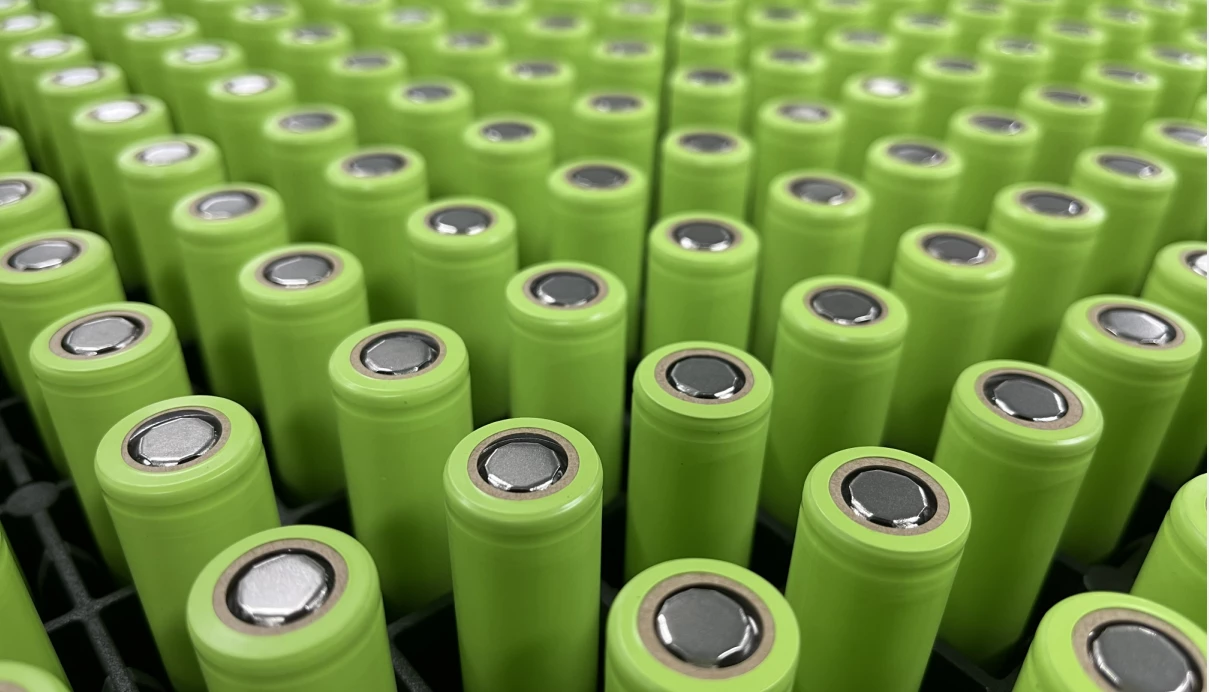The United States plans to build a complete lithium battery industry chain in the country: from mining to recycling
- September 23, 2023
- Venier

China lithium battery production factory
On June 9th, in recognition of the critical importance of lithium-ion batteries to both the electric vehicle and renewable energy industries, the United States has announced plans to establish a complete supply chain in China. The new goal for the United States is to engage in all aspects of lithium-ion battery production, from mining to manufacturing, and ultimately recycling, within its borders by 2030. Failure to do so could jeopardize the country’s climate goals and its ability to compete in the rapidly growing electric vehicle industry.
The U.S. Department of Energy (DOE) released a ‘National Blueprint’ on Tuesday outlining its plans to enhance American lithium-ion battery manufacturing capabilities. The demand for these batteries continues to soar, driven by electronic devices and electric vehicles. An upgraded grid also requires large batteries to store the increasing amount of solar and wind energy generation. In this blueprint, the DOE even envisions supporting battery-powered aircraft.
Currently, the United States plays a relatively minor role in the global battery industry, while China dominates in both battery manufacturing and mineral supply chains. Based on current trends, it is projected that by 2028, the United States will be able to supply less than half of the demand for lithium-ion batteries for electric vehicles. The DOE stated in the blueprint, ‘These projections indicate that U.S. companies will be unable to benefit from growth in domestic and global markets, posing a genuine threat. Our supply chains in transportation, the grid, and aviation will be fragile, subject to the control of other companies in critical technologies.’
The U.S. Department of Energy believes that the biggest obstacle to the development of the American lithium-ion battery industry is the lack of a national-level strategy. Therefore, to reverse the situation, the DOE has outlined priorities for federal government investment in lithium battery technology by 2030. One of the most significant issues to address is how to secure a sufficient supply of critical minerals, as lithium, cobalt, and nickel used in battery manufacturing are all on the brink of scarcity. What’s worse is that these minerals are only mined in a few locations, making it urgent to find new sources and design batteries that use less of these materials.
A race to mine lithium has already emerged in the United States, and the new blueprint from the U.S. Department of Energy may accelerate domestic mining efforts. The agency also calls for mandatory recycling so that battery manufacturers can ultimately obtain more materials from discarded products. In the long term, the DOE hopes to find a way to manufacture lithium-ion batteries without cobalt and nickel by 2030. Tesla announced last year that it would produce cobalt-free electric vehicle batteries. Through better design, the U.S. Department of Energy ultimately aims to cut the cost of electric vehicle batteries in half by 2030.
The U.S. Department of Energy plans to provide $17 billion in loans for American electric vehicle manufacturing facilities and hopes to deploy more large-scale energy storage facilities in federal government locations. Additionally, the agency has issued new guidelines requiring federal government contractors to manufacture the products they are developing in the United States, including any products related to advanced batteries.
This is part of the Biden administration’s broader efforts to build more extensive domestic supply chains. In addition to lithium-ion batteries, the plan focuses on establishing domestic supply chains for critical minerals, semiconductor chips, and the pharmaceutical industry. The U.S. government announced on Tuesday that it will conduct more extensive reviews of all these supply chains and establish a new special working group to prevent disruptions in supply chains. Following the exposure of significant weaknesses in global supply chains during the COVID-19 pandemic, this working group will focus on finding short-term solutions.
The Biden administration will allocate $100 million for ‘State Apprenticeships’ programs, which will help train the workforce for new domestic supply chains. Sameera Fazili, Deputy Director of the National Economic Council, said in a briefing, ‘For decades, we’ve treated labor as a cost to be managed rather than an asset to be invested in, and that has weakened our domestic supply chains. These reports make it abundantly clear that we need to take action to address this issue.’
Related Posts

An In-depth Guide to Doorbell Types, Battery Replacement, and Choosing the Right Lithium Battery
Doorbells have come a long way since their invention, from simple mechanical time tellers to high-tech wireless devices that offer a variety of functions. We’ll explore the different types of doorbells, the basic considerations when replacing batteries, and how to choose the right lithium battery for your doorbell.

Introduction to lithium-ion batteries, one of the most popular rechargeable batteries today
Lithium-ion batteries are one of the most popular rechargeable batteries today, and they are widely used in digital products, power tools and electric vehicles. This kind of battery achieves charge and release by embedding and removing lithium ions, and has the advantages of small size, light weight, fast charging, long service life and environmental protection.